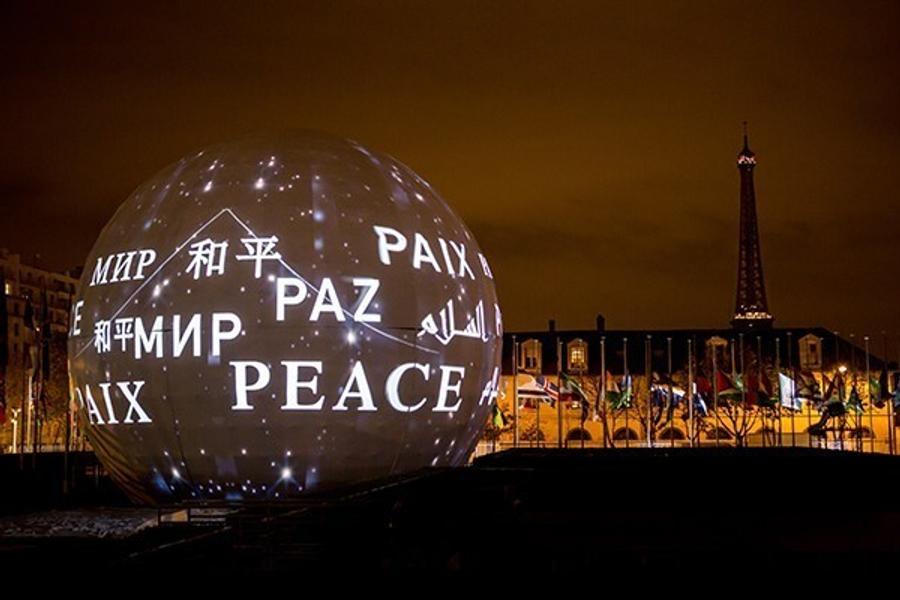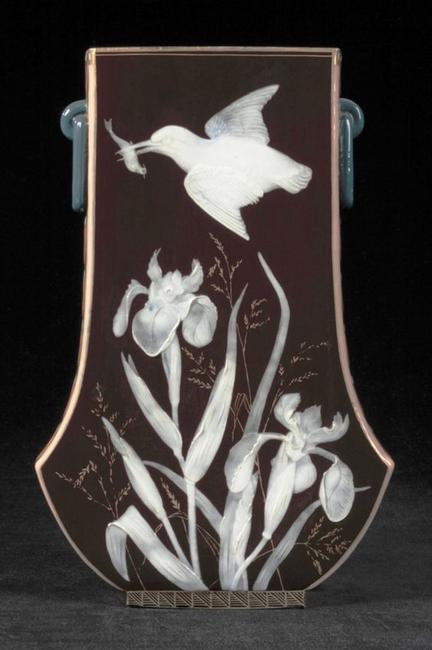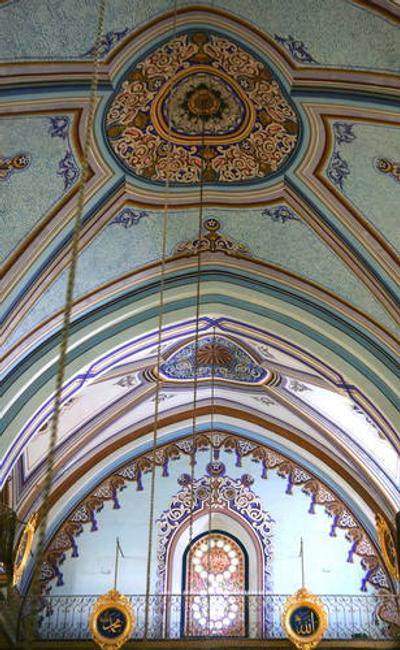Trump Withdraws U.S. from UNESCO
- October 12, 2017 11:04

The Trump administration announced plans on Thursday to withdraw from UNESCO, the United Nations Educational Scientific and Cultural Organization. Citing "anti-Israel bias" as the primary reason for withdrawal, the U.S. seeks to be a nonmember observer of the U.N. agency that designates cultural sites and supports global development programs such as literacy and clean water.
The U.S. has not made payments to UNESCO since 2011, due to an amendment prohibiting U.S. funding of U.N. agencies that recognize Palestine as a member. Congress, even while pushed by President Obama, has failed to overturn the legal restriction.

State Department officials also cited a "need for fundamental reforms" and "mounting arrears" as elements of the decision. The U.S. is $600 million in arrears to the organization since withdrawing funds, yet UNESCO director-general Irina Bokova has said that immediate payment is not an issue compared to the need for political involvement from the U.S. to serve American interests.
“This is not just about World Heritage,” Bokova said, describing the withdrawal as “a loss to both the organization and the US”.
"The United States is a founding member of UNESCO," Bokova explained to reporters. "The whole idea that you can build peace through education, science, culture and communication is basically an American idea."
One point of contention for the U.S. was the listing of Hebron, a city in the southern part of the occupied Palestinian territories, as a Palestinian world heritage site in July.
Israel also announced plans to withdraw from UNESCO.
Recent UNESCO designations have ranged from the Alamo to Gaudi's first house, while worldwide archaelogical sites and whole cities have been supported and commemorated as World Heritage Sites such as war-ravaged Palmyra, endangered Venice, Van Gogh's Arles, and well-preserved Prague. UNESCO also provides awards to artists such as Jeremy Hunter who exhibited revealing artworks based on North Korean propaganda in 2013.
Among the agency's many initiatves, UNESCO's 1970 Convention has aided in the illicit trafficking of cultural property and enabled restitution cases. UNESCO also works to protect important historical collections such as the Wedgwood Museum ceramics which were once threatened with a sale.
Said Daniel H, Weiss, President and CEO of the Metropolitan Museum of Art: "One of our most important responsibilities as museum leaders is to protect cultural heritage and promote international education. For more than half a century The Met and countless other museums have successfully partnered with UNESCO, an organization that has earned the respect of nations and communities worldwide for bringing together curators, conservators, and a range of other scholars to educate, preserve, protect, and support the intellectual and artistic traditions of our shared cultural heritage."

"President Trump's decision to withdraw from UNESCO undermines the historic role of the United States as a leader in this effort and weakens our position as a strong advocate for cultural preservation," Weiss said. "Although UNESCO may be an imperfect organization, it has been an important leader and steadfast partner in this crucial work. The Met remains deeply committed to productive engagement with UNESCO and our colleagues around the world who share this important objective."
The U.S. withdraws officially on Dec. 31, 2018, and will remain to vote for the agency's new director general this week.
In 1945, UNESCO was created in order to respond to the firm belief of its member nations, forged by two world wars in less than a generation, that political and economic agreements are not enough to build a lasting peace. Peace must be established on the basis of humanity’s moral and intellectual solidarity.












100x100_c.jpg)







